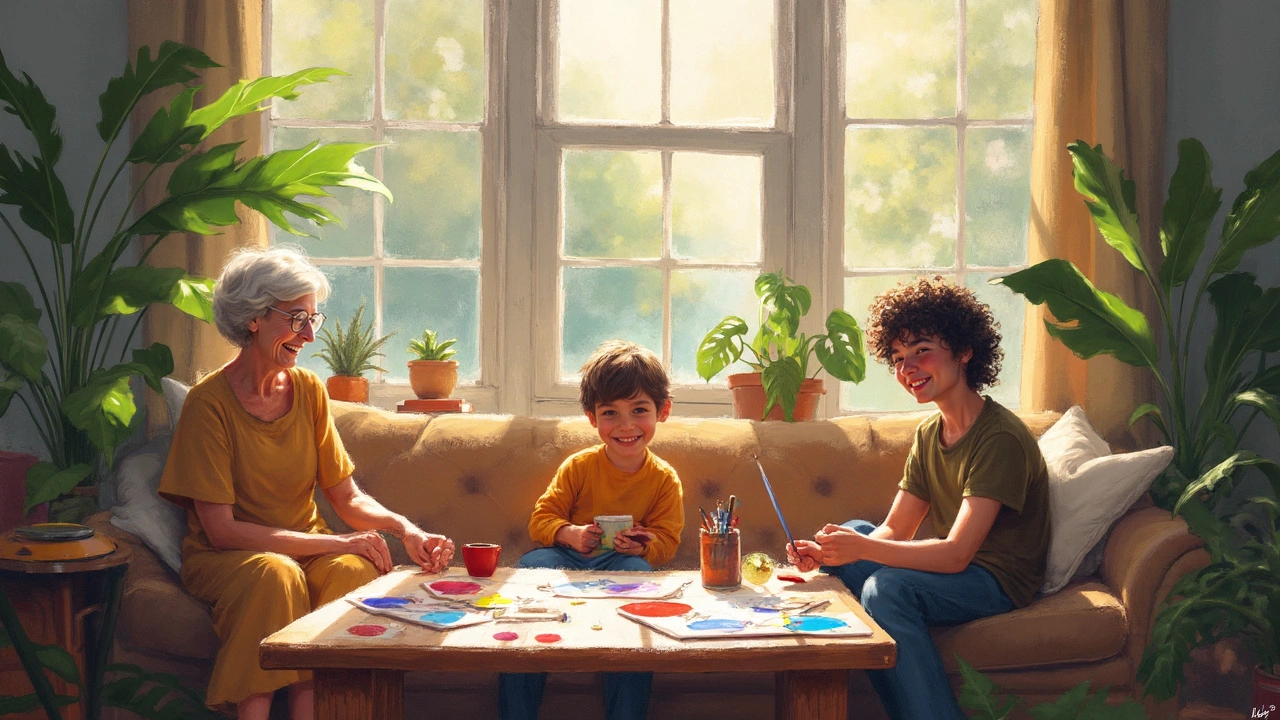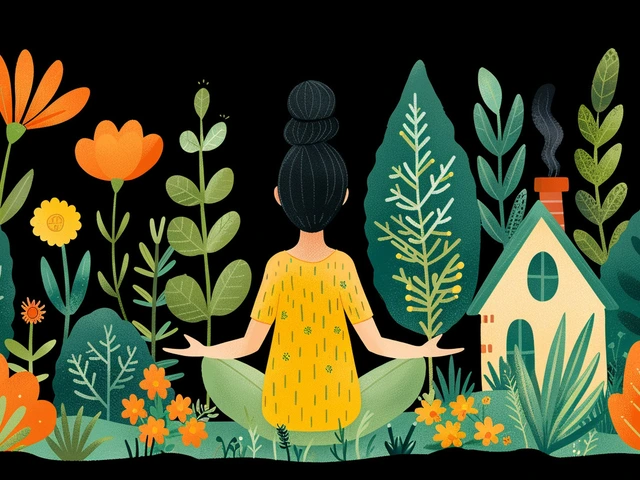Self-Discovery: Start Small, Learn Fast
Want to know what really drives you or why certain days feel lighter than others? Self-discovery isn’t a grand retreat or a year off work. It’s a few small actions you do repeatedly that reveal patterns, preferences, and what drains or fuels you. Try short, specific moves and you’ll get clearer answers faster than waiting for some big life moment.
Quick daily practices that actually work
Pick two of these and do them for one week. Keep it tiny so you stick with it.
- Morning check-in (2 minutes): before you grab your phone, ask: “What do I need right now?” Say the first honest thought and write one line. Small answers reveal big trends over time.
- Five-minute body scan: sit, close your eyes, notice tension from head to toes. Where’s tight? Breathe into that spot. This links feeling to cause—stress, posture, or lack of sleep.
- One-sentence journaling at night: “Today I felt ___ when ___.” Over a week you’ll spot triggers, joys, and choices you can repeat or avoid.
- Micro experiments with habits: try a 10-minute walk after lunch for three days. Track energy on a 1–5 scale. If energy rises, you found a keeper.
Week-long experiments to learn faster
Give each experiment just one week. Short trials feel doable and reveal real effects.
- Mindfulness app trial: pick a free app and do a 5–10 minute guided meditation each morning. Notice focus, mood, or sleep changes. Apps make consistency easy—check different voices and lengths to find your match.
- Creative expression week: sketch, sing, or write one short piece without judgment. Creative acts reveal emotions words miss. If one form eases anxiety, make it a go-to reset.
- Food and mood log: note breakfast, caffeine, and afternoon mood. Patterns show how foods affect energy and choices—simple changes like a balanced breakfast or fewer sugary snacks often make decision-making calmer.
Want clearer decisions? Add a calmness check before big choices: breathe for one minute, list two pros and one doubt, then sleep on it if possible. Calm thinking prevents snap decisions you later regret.
If worry or heavy feelings keep showing up, get real help. A therapist or creative arts therapist can speed up insight and give tools beyond solo work.
Self-discovery isn’t a finish line. It’s reading signals from your day-to-day life and reacting with small changes. Try a few steps this week, keep what helps, ditch what doesn’t, and you’ll steadily build a life that fits who you really are—not who you think you should be.
Creative Arts Therapies: Unlocking Self-discovery Through Creativity
Creative arts therapies use painting, music, dance, and even drama as practical tools for understanding yourself better and managing stress or big emotions. These therapies go far beyond traditional talk therapy, offering a way to express what’s hard to say with words. This article breaks down how creative arts therapies work, who can benefit, and what you can expect in a session. You’ll also discover how to try simple exercises at home. Explore the hidden power of creative activities for mental wellness and emotional growth.
View More





